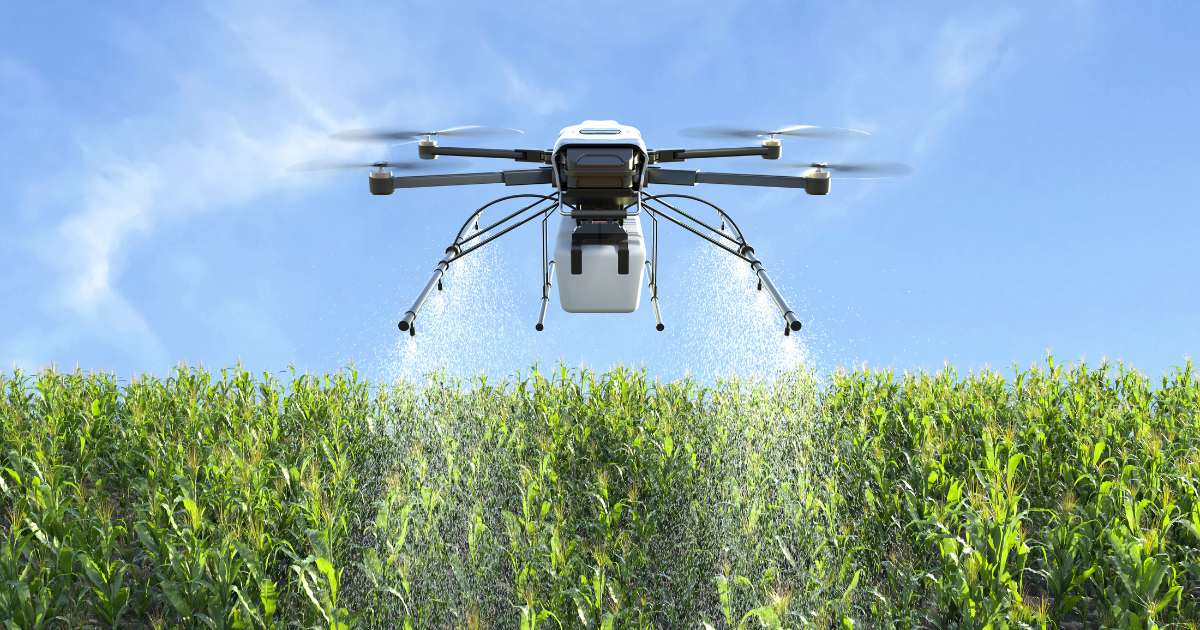
Starting a farming business is a big dream for many. In a country with such diverse landscapes and climates, South Africa offers a multitude of farming opportunities.
The good news is that it is possible to start small-scale, localised farming. You don’t necessarily need expansive hectares of land, pivot irrigation systems, and your own dam. You could start a farming business small, and gradually grow it as your demand increases.
In this quick guide, we’ll cover a few of the most important aspects of how to start a farming business in South Africa.
Industry Overview
South Africa has a large and highly diversified agricultural industry. Due to the many different climates that the country offers, South African farmers produce all major grains and cereals (except rice), livestock, citrus fruits, tropical fruits, wine, oil seeds, sugar, and most vegetables.
The agricultural sector consistently outperforms most other sectors of South Africa’s economy, achieving impressive growth rates each year.
This means South Africa is an excellent place to start a farming business. There is a large market, and the opportunity to farm a wide variety of produce.
Getting Started
There’s a lot that goes into starting a farming business in South Africa. Most importantly, you will need to have the right land. This land needs to be large enough for commercial farming. It also needs to have a suitable climate and environment for what you plan to farm.
Different types of farming have very different requirements. For example, starting a poultry business requires less land than starting a vegetable farm. You also don’t need good soil or a large water source for a poultry farm, so you could set this up in most landscapes.
Your farmland will need to be located in an agricultural area, and it should provide convenient transport access to wherever you sell your produce.
Then you need to know what you’re farming. Each type of agriculture comes with its specialist knowledge and skills. Make sure you understand the ins and outs of the crops or animals that you will farm.
You will also need the right equipment to get started. This varies depending on what your farming business will cover. You might need a tractor, fencing, a plough, animal shelters, crop storage spaces, planting equipment, water pumps, irrigation, and more. You will also need transportation equipment to carry your produce to the market.
With farming, the larger the area you can farm, and the greater your yield, the more profitable your farming business will be. However, when starting a farming business, one of the best approaches is to start small and scale up as your business grows. It’s possible to start a simple vegetable farm with not much more than a single field, some seeds, and a shovel. As your farming skills improve and the demand for your vegetables increases, you could always scale this up.
Whatever type of farming business you start, make sure that you begin with a solid business plan. This should outline every detail of how your farming business will operate, how much you will be able to grow, and how your business will make a profit.
See Also: Fruit Farming in South Africa – Guide to Getting Started
Industry Challenges
Small-scale farmers face many challenges. These mainly include a lack of farming infrastructure, inadequate market facilities, and inadequate transportation systems.
There’s always the risk of poor yields, which can be a result of climatic conditions. Starting a farm is also an expensive business. Access to finance for a new farming business can be a major challenge.
Finally, there are many large-scale farmers that small local farmers have to compete with. This could mean selling produce at very low margins to remain competitive.
Laws and Regulations
Various laws and regulations apply to different types of farming. You can access South African agricultural laws here. There are various regulations for managing things like livestock, grazing, and following the appropriate soil conservation standards.
The most important thing is that you start a suitable farm for your land and that you follow all necessary health and safety requirements. For example, you cannot start a pig farming business in a residential neighbourhood.
Farming is hard work, and it generally requires large investments and tracts of land. However, with the right business plan and approach, there is plenty of opportunity for small-scale farmers to start and grow a business in South Africa. As long as you have the right piece of land and farm the right thing, starting a farming business could pay off big time.





